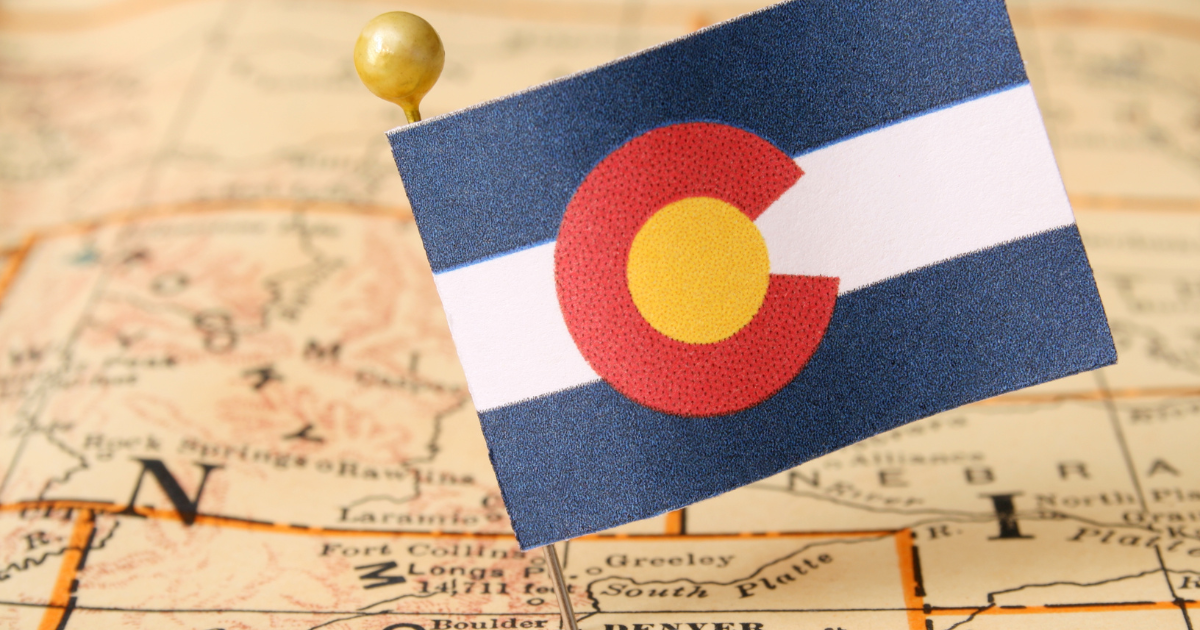Only a few substances have been legalized or decriminalized in Colorado, like marijuana and psilocybin. The Centennial State has been at the forefront of progressive drug policies in the United States, most notably with the legalization of recreational marijuana in 2012. In this article, we’ll explore the current legal landscape in Colorado concerning recreational drugs.
Legal or Decriminalized Recreational Drugs
Marijuana
In 2012, Colorado became the first state to legalize the recreational use of marijuana for adults aged 21 and over. Under Amendment 64, adults can purchase, possess, and consume up to one ounce of marijuana. They can also grow up to six plants at home, with no more than three mature plants. The Colorado Marijuana Enforcement Division regulates licensed retailers.
However, it’s essential to note that public consumption of marijuana remains illegal, and driving under the influence of marijuana is also against the law.
Psilocybin (Magic Mushrooms)
In 2019, Denver, the capital of Colorado, took a significant step by decriminalizing the possession and utilization of psilocybin, often referred to as magic mushrooms. This move did not legalize psilocybin but instead classified it as the lowest priority for law enforcement in Denver during that period.
As of January 2023, adults 21 or older will no longer be subject to criminal penalties for possessing or using the “natural medicine” present in psychedelic mushrooms. Colorado Proposition 122 (Natural Medicine Health Act) decriminalizes the possession and individual use of psychedelic substances, such as:
- Psilocybin
- Psilocin
- Dimethyltryptamine (DMT)
- Ibogaine
However, a specific exemption exists for mescaline extracted from peyote. Private homeowners have the right to cultivate psilocybin mushrooms and particular entheogenic plants and fungi as long as these plants are restricted from access by individuals under 21. Furthermore, it’s now permissible to transport, handle, and distribute psychedelic substances for “personal use,” provided no money is involved.
Other Recreational Drugs
For other controlled substances, such as cocaine, LSD, methamphetamine, and heroin, the laws have not changed, and possession can lead to serious criminal penalties. Manufacturing, distributing, or possessing these substances in Colorado is illegal.
Recovery is Possible
Experimenting with or using recreational drugs can lead to substance dependency and significant health risks. If you or a loved one is struggling with addiction, there is hope for recovery. Landmark Recovery of Denver offers individualized treatment programs to help guide individuals toward a healthier future. Call us today at (720) 702-9994 to speak with a Patient Navigator.
We can help you find the right treatment options for your unique situation.
Learn More
While Colorado has taken significant steps towards liberalizing drug laws, particularly concerning marijuana and, to some extent, psilocybin in Denver and the rest of the state, other recreational drugs remain illegal or highly regulated.
The state’s stance on some substances does not lessen drug use’s potential risks and consequences. If you or someone you know is struggling, remember that recovery is within reach, and professional assistance is available. Call Landmark Recovery of Denver at (720) 702-9994 to discover how we can help you regain control over your life.

Choose Recovery Over Addiction
We're here 24/7 to help you get the care you need to live life on your terms, without drugs or alcohol. Talk to our recovery specialists today and learn about our integrated treatment programs.




